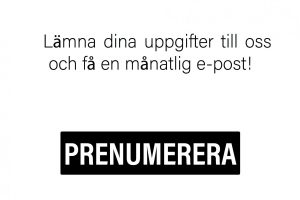Protecting the public: is security really playing a meaningful role? – Webinar 16 April, 16:30 Swedish time

Chair: Martin Gill
Panellists:
Chuck Andrews, Founder of Friends of Chuck (US)
Catherine Piana, Director General of CoESS (Belgium)
Mick Lee, Executive Chairman of Constant Security (UK)
Key insights from the Webinar
Catherine Piana notes that in many countries Covid-19 is the second major crisis in recent years following on from terrorist attacks, and so it is not the first time that security has been active on the front line in protecting the public and not been recognised for it. That said watching the webinar you will hear about plenty of examples of the public being protected, in a variety of ways, in medical settings for sure, but as Chuck Andrews emphasises in many organisations and communities.
Mick Lees makes the point that everything security does is about protecting others. This is more dynamic than what is visible. In this crisis it is evidenced by supporting the health service in protecting supplies, securing the delivery of ventilators, as well as supporting in house security teams in many organisations are examples. As you will hear it is not just security officers but others working under that broad umbrella of security that have been active. Security is good at being fast on its feet, but it does not talk about that very much.
There is a discussion about that, who is and can talk up the value of security? We are reminded of the importance of posting good examples, including those that will attract the attention of those in positions of influence (and hear what President Macron in France has said about the work of security there). Speaking up for security needs to be done carefully as Mick Lees warns; the focus is rightly on health workers now for their heroic roles, but security matters and someone needs to engage with the issue. You will witness a somewhat critical discussion about the role of associations. There are good examples of associations working closer together, ASIS International and SIA in the USA, CoESS and Euroalarm are talking in Europe, it is a start, encouraging, but embryonic. Other routes to security having a greater visibility include: the potential of different countries to work together; the need to engage and link the different parts of the security sector to speak with a more united voice; and the (largely unexplored) potential of social media.
There is a discussion about engaging/liaising/working with the police, the key to protecting the public. Despite an emphasis on this, and some pockets of good examples, you will hear that it remains a challenge. You will also witness an interesting discussion on value which nearly always is linked to a conversation on costs. I have argued before that if you really want to change the type of security provided there is one key place to look – beyond standards, training, awareness important thought these are – that is to buyers. After all they determine the type of security we get.
What will happen post the pandemic? Chuck Andrews is right to warn that with security you get what pay for and it is all too often the lowest bidder who wins. If what follows is a recession then we need to be aware that this may spell bad news for security. There is nothing axiomatic that good work in protecting the public in a crisis – in its many diverse forms –will lead to recognition afterwards, when austerity hits and cut backs are required history says that security is one of the first to feel the consequences. We have been warned.



